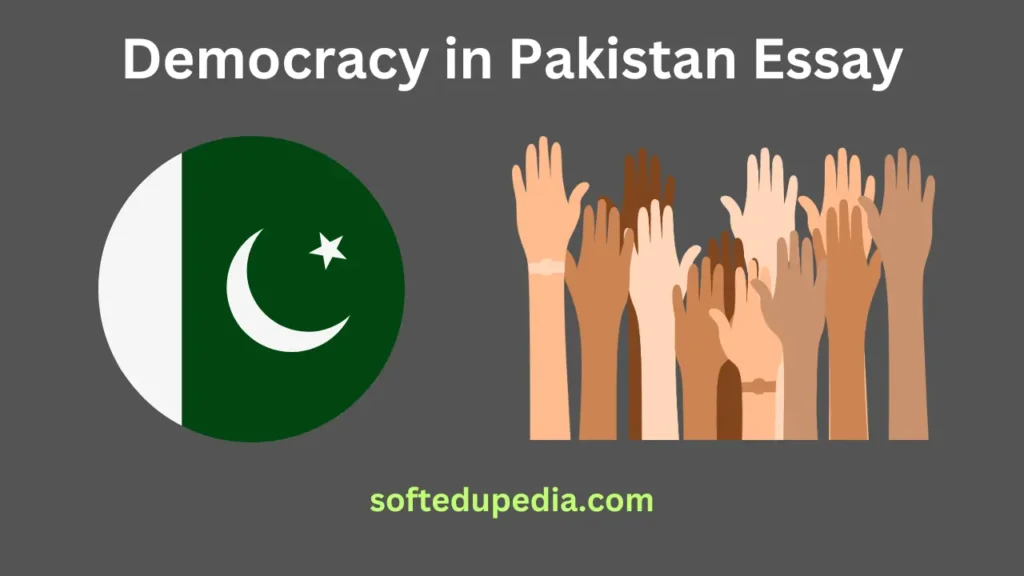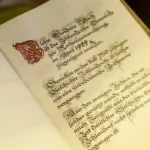Democracy is a type of governance in which voting lets the people select their representatives. In Pakistan, democracy has a convoluted and extensive past. Although the country was founded in 1947, military control, political unrest, and corruption have over time questioned its democratic policies. This article explores Pakistan’s democratic development, present situation, and problems as well as their progression.
Historical Background
Early Years of Pakistan
Pakistan was developed as a democratic country after separating from British control. Political unrest defined the first few years, though. The nation had to draft a constitution that would form the basis of democratic government. Declared an Islamic nation, Pakistan accepted its first constitution in 1956. Sadly, this time of democratic rule was brief.
Military Intervention
General Ayub Khan carried out a military coup in 1958, hence initiating the military government in Pakistan. This occasion fundamentally changed the path of democracy in the nation. Though some improvements were achieved under Ayub Khan’s rule, political dissent was quashed. Many people felt disowned and the democratic process was hampered.
Return to Civilian Rule
Following ten years of military control, Ayub Khan retired in 1969 and General Yahya Khan replaced him. Early in the 1970s, this era came to an end, causing East Pakistan to separate and Bangladesh to arise. Trying to bring democracy back, Zulfikar Ali Bhutto presented a new constitution in 1973. However, charges of authoritarianism dogged his term and resulted in General Zia-ul-Haq’s removal by another military takeover in 1977.
The Struggle for Democracy
The Zia Era
Over a decade of reign by General Zia-ul-Haq was marked by attempts to apply Islamic regulations mixed with martial law. His government’s justification for its authority—Islam—had a long-lasting effect on Pakistani society. Political parties operated under tight constraints even if they were permitted to exist.
The Restoration of Democracy
Democracy was reinstated in 1988 following the death in an aircraft crash of Zia. Benazir Bhutto rose to be Pakistan’s first female prime minister. Although her government stressed social changes and economic measures, claims of corruption resulted in her removal. Political infighting and instability defined this cycle of alternating governments between Benazir Bhutto and Nawaz Sharif during the 1990s.
The 2000s and Beyond
Another military takeover headed by General Pervez Musharraf in 1999 halted the democratic process. For over ten years, Musharraf governed implementing economic changes but also suppressing human freedoms. Following Musharraf’s resignation in 2008, a fresh democratic administration emerged, therefore creating a more stable political climate.
Current State of Democracy
Pakistan runs now as a parliamentary democracy. Several important parties—including Pakistan Tehreek-e-Insaf (PTI), Pakistan Muslim League-Nawaz (PML-N), and Pakistan Peoples Party (PPP)—have helped to define the political scene of today. There are frequent elections, and the power has progressively moved among these parties.
Political Participation
The political process is becoming more actively participated by Pakistanis. Improved voter turnout in recent elections indicates a rising curiosity in democratic government. Still, obstacles include voter intimidation, election fraud, and restricted information availability compromising the process.
Challenges Faced by Democracy
Corruption
Corrosion is one of the biggest problems endangering democracy in Pakistan. Politicians of all stripes have been beset with many claims of financial misbehavior and abuse of power. The limited success of initiatives aimed at combating corruption has undermined public confidence in government institutions.
Security Issues
Serious hazards to the democratic process include security issues like terrorism and sectarian bloodshed. The worry of violence during elections might deter voter involvement and result in a more under-control political environment.
Opposition and Governance
Political opposition in Pakistan frequently results in instability of the current government being challenged by demonstrations and disturbance. This dynamic might lead to a cycle of instability whereby every party, in power, encounters challenges.
The Role of the Judiciary and Media
Judicial Independence
Democracy depends on a court free from influence. The court of Pakistan has been essential in ensuring politicians’ accountable behavior and safeguarding of public rights. Still, political demands frequently test its autonomy.
Media Freedom
The media provides a public opinion forum and acts as a watchdog of the government. Pakistani media is still vivid and powerful in influencing political debate and encouraging responsibility despite threats and repression.
Conclusion
Military coups, political unrest, and reforms have defined Pakistan’s democracy in several phases. Although present democratic methods show potential, political resistance, security concerns, and corruption still stand as obstacles. Thrive of democracy depends on strong government, vigorous civil society involvement, and a dedication to the rule of law. The resilience of Pakistan’s people and their readiness to participate fully in the political process will determine the direction of democracy in that country. Encouragement of a culture of responsibility and openness will be very vital as the nation develops to make sure democracy becomes more than just a concept—rather, a reality experienced by every Pakistani.


